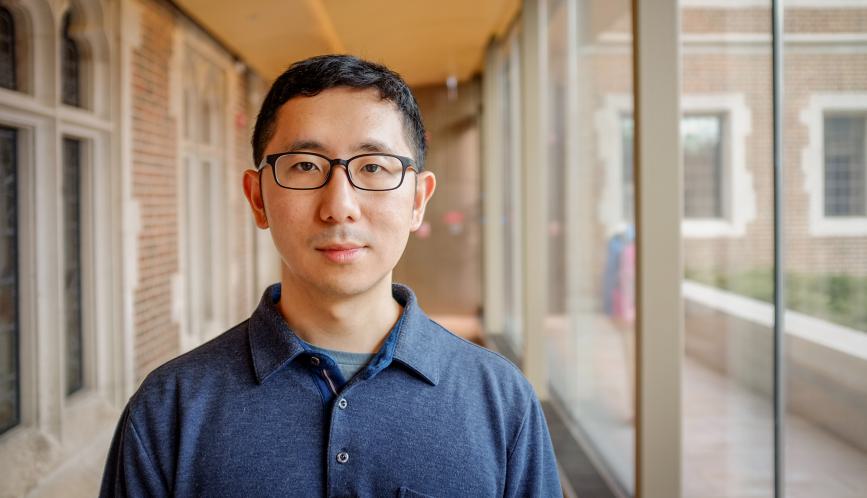ECI network member Jun Hyung Kim is an Assistant Professor of Economics at the Institute of Economic and Social Research at Jinan University. His current research interest is understanding the effect of parenting style on child outcomes. He is also interested in the causes and consequences of migrant parents on the development of left-behind children in China. Kim received his B.A. in Economics from the University of California at Berkeley, and his Ph.D. in Economics from the University of Chicago. During his Ph.D. program, he was a Research Assistant at the Center for the Economics of Human Development.
Describe your area of study and how it relates to current policy discussions surrounding inequality.
My current research focuses on parental investment, parenting style, and parent-child interaction. Life cycle inequality begins with inequality in early childhood. Parents shape child's early life experience by investing in child's education, interacting with the child, and by other life cycle decisions of the parents, including labor supply. In addition, the parents' responses to life cycle shocks can affect child's environment and development in ways that are not obvious ex-ante. Thus it is critical to understand how parents make life cycle decisions with respect to their children to fully understand the implications of economic policies and societal changes on life cycle inequality.
Despite years of research, however, it still remains an open question how different types of parental investment are determined, and how they affect child development. Nor is there much consensus about the interaction of parental investment and other life cycle decisions of parents such as labor supply, family formation (marriage, fertility, divorce), and migration.
In my recent working paper, I argue that an important aspect of parenting style is the parent's (in)ability to respond to child misbehavior effectively. Overwhelmed parents resort to harsh and inconsistent responses, from which children receive inconsistent signals on how to modify their behavior. This interaction generates to heterogeneous effects of parenting style reported in the literature. I show evidence that parenting style can be improved by training parents on effective parent-child interaction, leading to long-lasting improvement in child behavior.
What areas in the study of inequality are most in need of new research?
I believe that more progress can be made in understanding the trade-offs parents face in making parenting choices. To what extent are parenting choices made by preferences, resource constraint, or skills and knowledge? Are parenting choices subject to time or monetary constraint, and if so how do they interact with other types of household consumption? If there are preferences and skills specific to child rearing, how are they formed and can they be modified? Is there an inter-generational component such that child's own preference for child or skill in child rearing is shaped by experience during his or her own childhood? Do they interact with other inputs to child development such as schooling? And finally, can these explain prevalence of child abuse? These questions can inform us on how household environment affects child development.
What advice do you have for emerging scholars in your field?
I am also very new in the field. I tried to innovate in answering my research questions using ideas some of which were, it turns out, more carefully developed in other disciplines. I hoped that learning from these other disciplines would facilitate the development of more sophisticated arguments and provide more solid foundation for those arguments. Moreover, I worked to integrate the knowledge I gleaned from other disciplines into standard economic framework, and generate useful implications for economists. I believe an interdisciplinary approach can be productive when the insights learned from other disciplines are well-integrated in an economic framework, so as to show how these insights interact with, or improve upon, established knowledge in economics.



